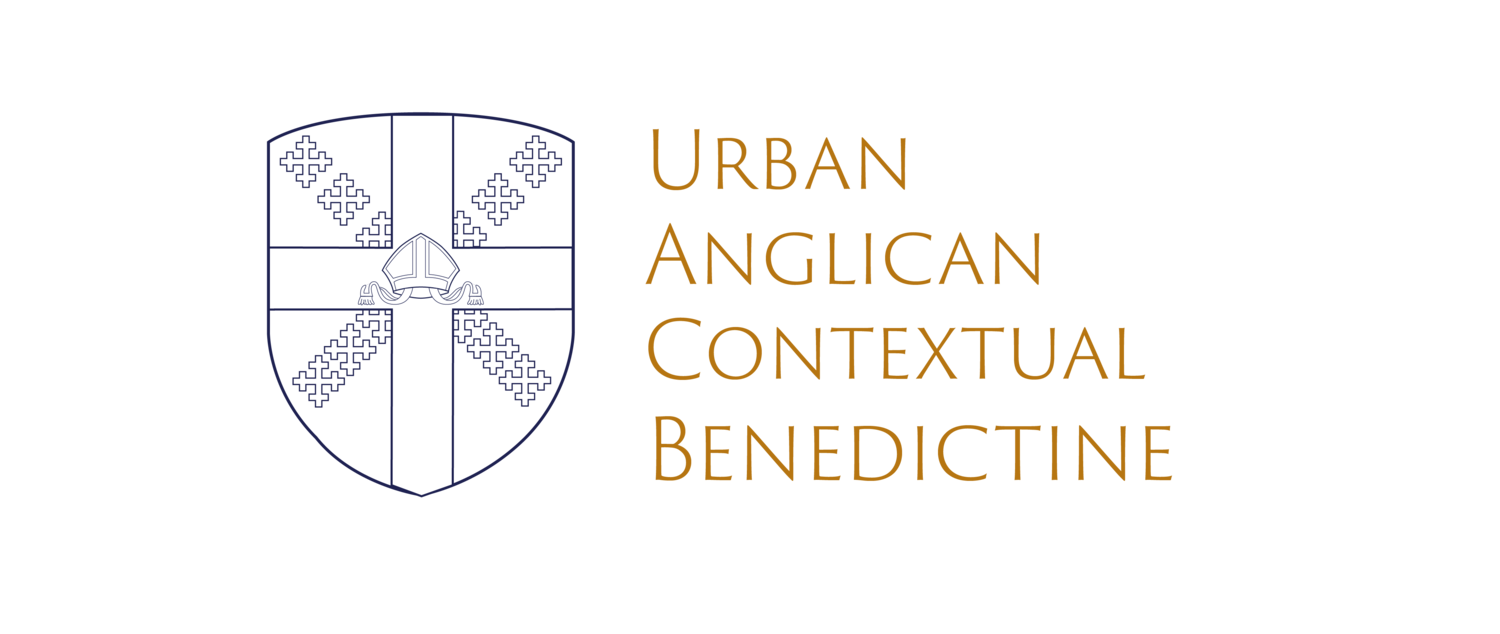
Making a bequest
Bequest Details
Bequests are often the first and easiest deferred gift a donor can make. In planning your estate, you should remember that an outright bequest to General Seminary, as well as certain bequests in trust, are not subject to estate taxation. A bequest should always be drawn up with the advice of an attorney. A bequest to General Seminary can take any of the following forms:
A specific bequest of a dollar amount or of particular securities or other property;
A residuary bequest of all or a portion of your estate, after the payment of specific amounts to other beneficiaries;
A contingent bequest to take effect only in the event that the primary beneficiaries under your will die before you;
A testamentary trust, which takes the form of a Charitable Remainder Annuity Trust or a Charitable Remainder Unitrust, the corpus of which will be paid to General Seminary upon the death of the trusts income beneficiary.
Advantages
In order to make a bequest, one must have a will. Everyone should have a will, regardless of the ability or desire to make a charitable bequest. Having a will confers the inestimable peace of mind that one's estate will be distributed according to personal wishes and not by the laws of the state. Once a will is drawn, bequest intentions are easy to make or amend, and donors often find they are able to make a more significant estate contribution to a beloved institution than may be possible in outright fashion during life.
Bequests: Sample Language
The following language may assist you and your attorney in preparing a bequest.
General Bequest
To make an outright bequest of cash, securities, or other property by designating a specific dollar amount, a particular asset, or a fixed percentage of your estate to the Seminary to be used for its general purposes:
“I give, devise, and bequeath to The General Theological Seminary of the Episcopal Church, a non-profit educational institution located at 440 West 21st Street, New York, New York, the sum of $ [or a description of the specific asset], for the benefit of The General Theological Seminary for its general purposes.”
Specific Bequest
To make an outright bequest for a specific purpose:
“I give, devise, and bequeath to The General Theological Seminary of the Episcopal Church, a non-profit educational institution located at 440 West 21st Street, New York, New York, the sum of $ [or a description of the specific asset], for the benefit of The General Theological Seminary to be used for the following purpose: [state the purpose]. If at any time in the judgment of the Trustees of The General Theological Seminary it is impossible or impracticable to carry out exactly the designated purpose, they shall determine an alternative purpose as near as possible to the designated purpose.”
Residuary Bequest
To leave the residue portion of your assets after other terms of the will have been satisfied:
“All the rest, residue, and remainder of my estate, both real and personal, I give to The General Theological Seminary of the Episcopal Church, a non-profit educational institution located at 440 West 21st Street, New York, New York, for its general purposes.”
Contingency Bequest
To make a contingency gift, so that the Seminary will receive a portion of your estate if your named beneficiary does not survive you:
“I devise and bequeath the residue of the property, real and personal and wherever situated, owned by me at my death, to [name of beneficiary], if [she/he] survives me. If [name of beneficiary] does not survive me, I devise and bequeath my residuary estate to The General Theological Seminary of the Episcopal Church, a non-profit educational institution located at 440 West 21st Street, New York, New York, for its general purposes.”
For further information, please contact Jonathan Silver, Director of Development, at 646-717-9705 or by email at silver@gts.edu.
